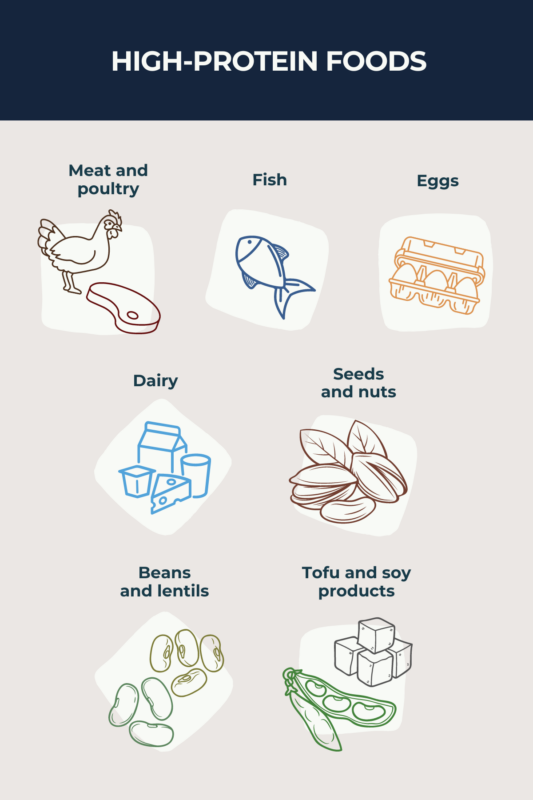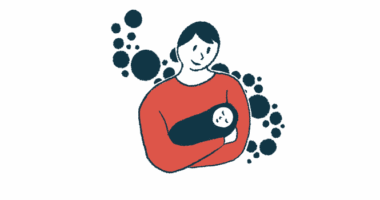 Discussion
Discussion
FAQs about Pompe disease and diet
Pompe disease can affect virtually all muscles in the body, including those needed to comfortably chew, swallow, and digest food. That means that patients may experience symptoms like heartburn or constipation as their body digests.
A particular amino acid, or protein building block, called alanine is important for breaking down sugar molecules in the body. Alanine supplements may help some Pompe patients, in whom a sugar molecule called glycogen abnormally builds up, although more studies are needed to confirm such therapeutic effects. Patients wishing to explore options for nutritional supplements should talk with their healthcare team.
There is no single diet that is established for Pompe disease, but some evidence suggests that a high-protein diet, in combination with appropriate exercise, can help reduce muscle weakness and boost the effectiveness of enzyme replacement therapy for some patients. Patients should always talk with their healthcare team before making a change in their diet or other components of their Pompe disease treatment plan.
Protein can be obtained from many different dietary sources, including meat, fish, eggs, and dairy. Plant-based sources of protein include beans, nuts, seeds, and certain vegetables, such as broccoli and leafy greens.
In Pompe disease, a sugar molecule called glycogen accumulates abnormally inside the body’s cells and impairs their function. This particularly affects muscles, leading to weakness and poor muscle tone. For some patients, the muscles needed for chewing and swallowing are affected, leading to difficulties with these actions.
 Fact-checked by
Fact-checked by 


